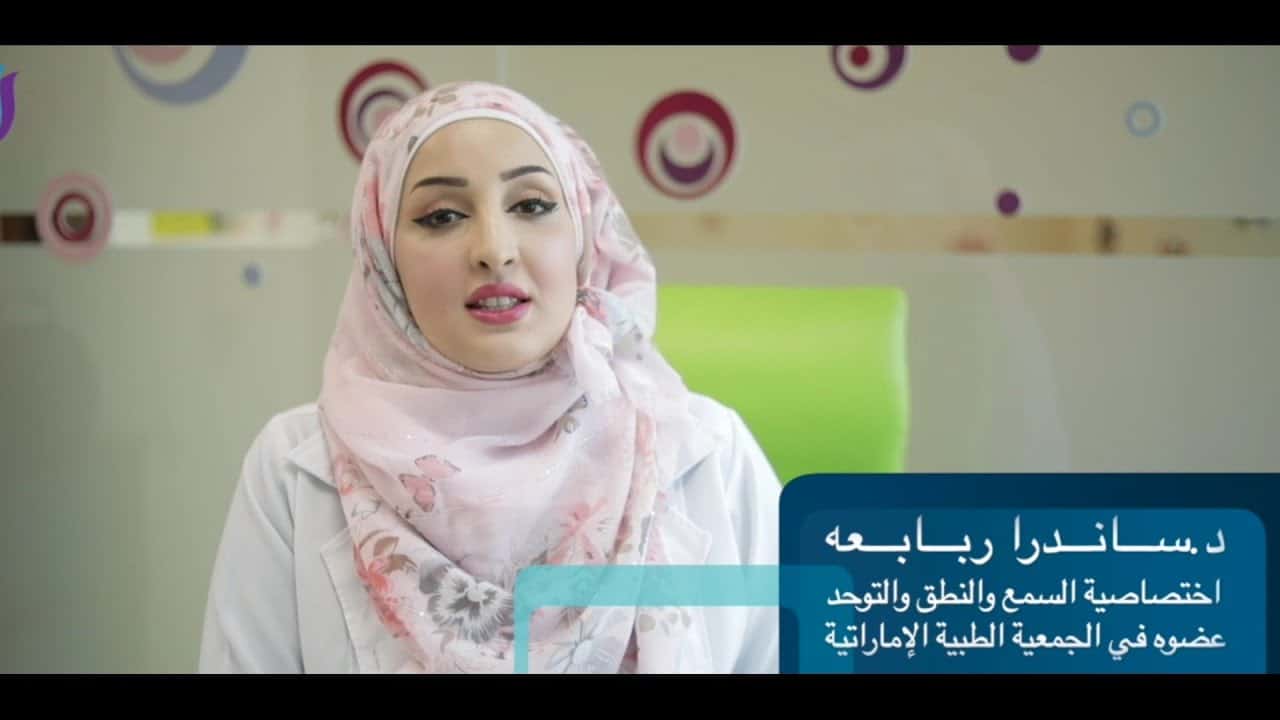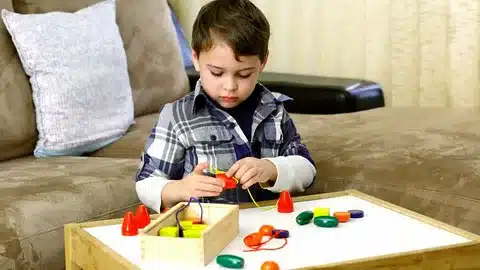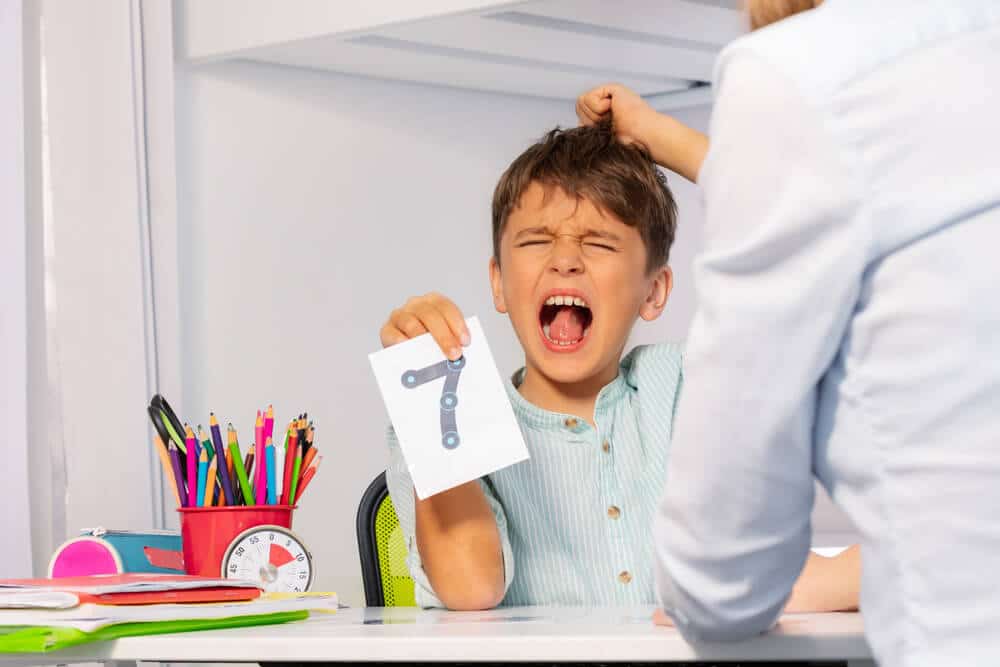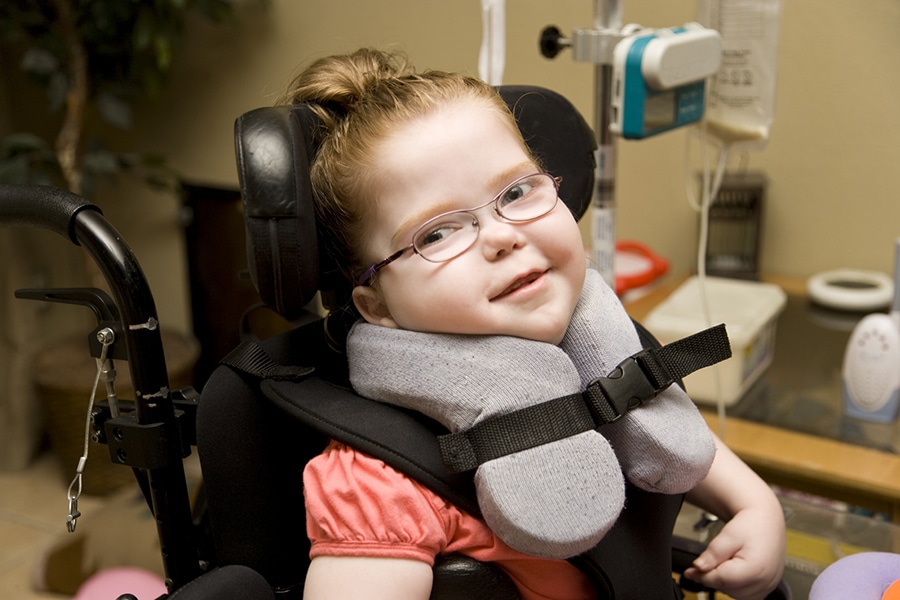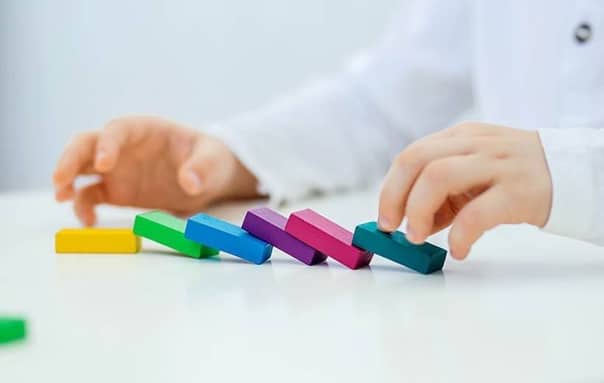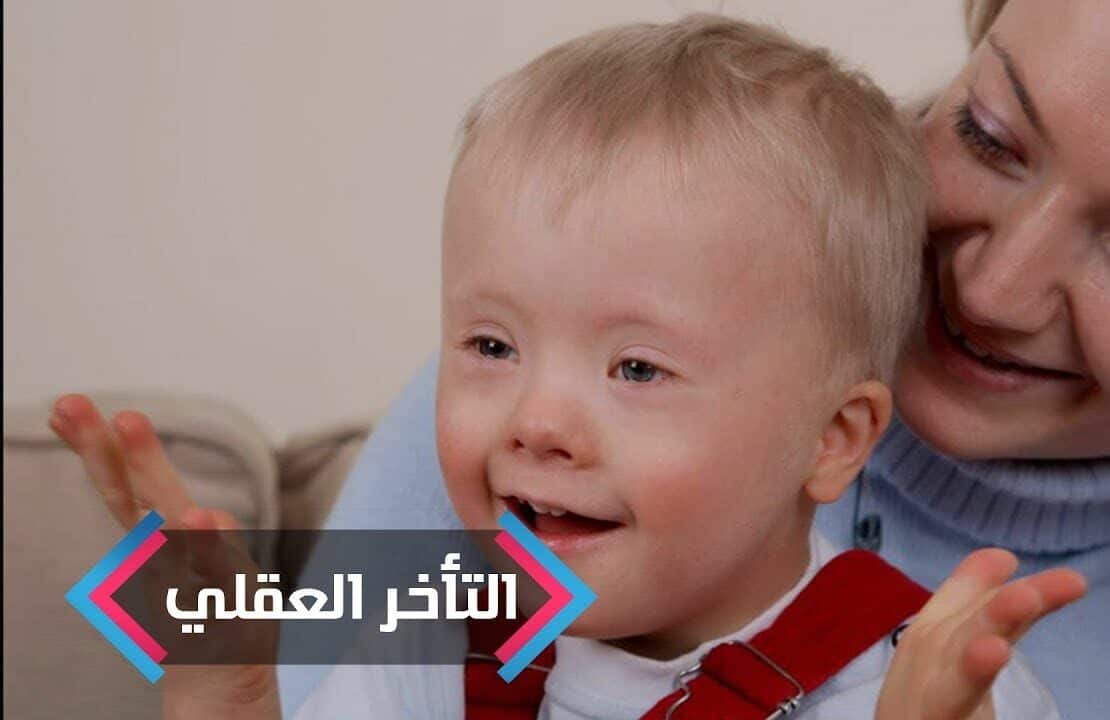- Home
- Services
- About Us
- Contact
- Clinics
- Orthopedics Clinic
- Laser Clinic
- Aesthetics Clinic
- Cupping Hijama
- Dental Clinic
- Cardiology & Internal Medicine Clinic
- Dermatology Clinic
- General and Family Medicine Clinic
- General Surgery Clinic
- Gynecology and Obstetrics Clinic
- Physiotherapy and Rehabilitation
- Pediatric Clinic
- Psychological Clinic
- Rehabilitation and Speech Department
- ENT Clinic
- Doctors
- Other
العربية
Shopping cart
Subscribe to out newsletter today to receive latest news administrate cost effective for tactical data.
Al Sharq St - Al Rifaah - Al Heerah Suburb - Sharjah
Let’s Stay In Touch
Subscribe for newsletter


